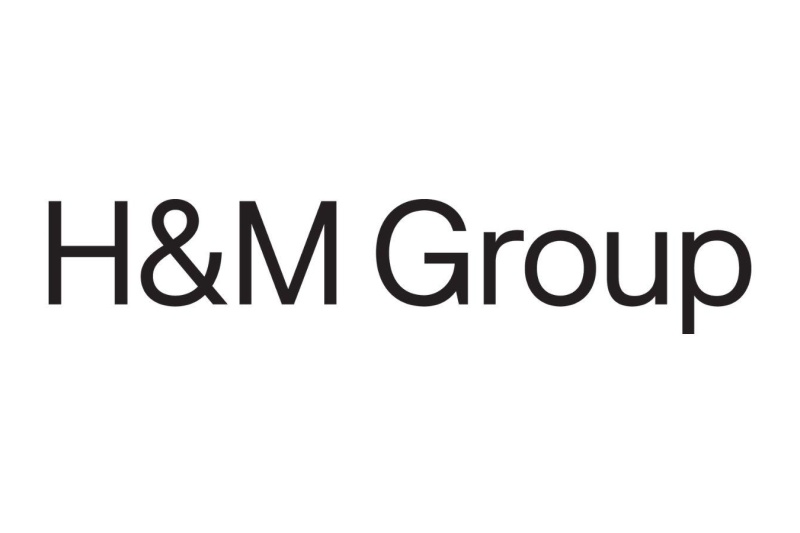
Developing the Financial Institutions Net-Zero Standard
We are developing the world’s first standard for science-based net-zero target setting in the financial sector.
The SBTi is running a transparent, inclusive process to develop the first Financial Institutions' Net-Zero Standard. This standard will enable financial institutions to set emissions reduction targets that are consistent with achieving net-zero across their portfolios by 2050. Read more about the project in its Terms of Reference.
Aims of the Financial Institutions Net-Zero Standard
By developing this standard, the SBTi aims to:
- Provide financial institutions with a framework to address their scope 3, category 15 portfolio emissions, in a manner consistent with contributing to the goal of achieving net-zero emissions by 2050, and in line with 1.5°C low/no overshoot pathways at the global level.
- Provide both near- and long-term target setting options for insurance underwriting and capital markets activities, in addition to investment and lending activities.
- Facilitate the scaling up of financial institutions' climate ambitions, while focusing efforts on decarbonization of existing portfolio holdings by offering a broader range of metrics and tools for which financial institutions can measure, track and improve the alignment of their financial services.
Current status of the Financial Institutions Net-Zero Standard development
In 2024, the SBTi held a public consultation for the Draft Financial Institutions Net-Zero Standard. It received a wide range of feedback from over 150 diverse stakeholders in the financial sector, academia, civil society and beyond. This was complemented by user feedback from the pilot test of the standard by 28 financial institutions.
Most financial institutions that have made SBTi commitments to date have made net-zero commitments, including those with validated near-term targets.
- Project initiation: The project to develop the standard was first launched in 2021. The Foundations for Science-Based Net-Zero Target Setting in the Financial Sector was published in 2022.
- Public consultations: The SBTi held public consultations in two separate phases:
- Financial Institutions Net-Zero Standard Conceptual Framework and Initial Criteria consultation, held from June-August, 2023. A summary of the feedback was published in October 2023.
- Draft Financial Institutions Net-Zero Standard consultation, held from July-October, 2024.
- Pilot testing: Pilot testing of the Draft Standard took place from July-October 2024.
- Final publication: Once the remaining stages of the SBTi’s Standard Operating Procedure has been completed, the SBTi will publish the final version of the Financial Institutions Net-Zero Standard.
The SBTi is allowing financial institutions that have publicly committed to setting a near-term science-based target to extend their submission deadline until six months after the publication of the Financial Institutions Net-Zero Standard.
This extension is intended to allow the coordination of near-term and net-zero target development for SBTi assessment. It is available to all publicly committed financial institutions with an active near-term commitment deadline up to six months after the Financial Institutions Net-Zero Standard publication. The extension is optional.
Financial institutions that wish to partake of this extension must inform the SBTi prior to their current public expiration date. They may notify the SBTi by sending an email to commitment@sbtiservices.com.
Financial institutions with near-term science-based targets that have been validated by the SBTi will not be required to take further action until the expected revision of their targets five years after their validation.
All financial institutions net-zero commitments are due 24 months after the release of the Financial Institutions Net-Zero Standard.
The SBTi has established and regularly convenes a dedicated Financial Institutions Net-Zero Expert Advisory Group (EAG). This group plays an advisory and consultative role in developing the Financial Institutions Net-Zero Standard.
The current members are:
- Adrian Chapman - Legal & General
- Adrian Fenton - Institutional Investors Group on Climate Change
- Alberto Gervasini - ING
- Alex MacGillivray - Joint Impact Model Foundation
- Alexandra Rønneberg - KLP
- Amanda Selhammer - Storebrand
- Andrew Hutchison - UBS (prev. Credit Suisse)
- Angelica Afanador - PCAF - Partnership for Carbon Accounting Financials
- Anindita Pal - EY
- Benjamin McCarron - Asia Research & Engagement
- Betsy Middleton - The Sunrise Project
- Butch Bacani - United Nations Environment Programme Finance Initiative
- Caroline Clarke - Accenture
- Christina Ng - Energy Shift Initiative
- Connor Chung - The Institute for Energy Economics and Financial Analysis
- Cynthia Cummis - Deloitte
- Daan Van Acker - InfluenceMap
- Duncan Lee - AIA
- Franco Piza - Bancolombia
- Gauthier Faure - Atos
- Georgina Smit - Green Building Council South Africa (GBCSA)
- Gustav Magnusson - Eqpartners
- Harriet Assem - BVCA
- Henrietta Stock - Aviva
- Ian Edwards - Griffith
- Jan Willem van Gelder - Profundo
- Jane Thostrup Jagd - WMBC
- Jesica Andrews -United Nations Environment Programme Finance Initiative
- Joy Williams - GFANZ
- Julia Bingler - Council on Economic Policies
- Justine Bolton - First Rand
- Katharina Dittrich - WBS
- Kerry Constabile - Oxford Environmental Change Institute (University of Oxford)
- Lars Erik Mangset - Greig
- Leonie Ederli Fickinger - Deutsche Gesellschaft für Internationale Zusammenarbeit (GIZ)
- Lizeth Palencia - PRI
- Luis Alejandro Meija - IDB Invest
- Mischa Repmann - Swiss Re
- Neha Khanna - Climate Policy Initiative
- Nicki Harrison - Environmental Defense Fund
- Nils Bartsch - Urgewald
- Patricia Moles - Instituto Tecnológico Autónomo de México
- Paul Schreiber - Reclaim Finance
- Peter Sandahl - Nordea
- Rebecca Lea - Association of British Insurers
- Richard Cantor - Moodys
- Serge Younes - Investindustrial
- Shuling Rao - Beijing Green Finance Association
- Skender Sahiti-Manzoni - La Banque Postale
- Sofía Burford - Implementasur
- Stanislas Ray - ADEME
- Taehan Kim - Korea Sustainability Investing Forum (KoSIF)
- Tanguy Sene - MSCI
- Xavier Lerin - Shareaction
- Xi Liang - University College London
EAG members volunteer in a personal capacity to provide technical advice over the duration of the project. While their expertise helps guide the development process, final content decisions rest solely with the SBTi. As a result, the final output does not necessarily represent or imply endorsement by individual EAG members or their employers.
- Draft Financial Institution Net-Zero Standard (for 2024 public consultation)
- Financial Institutions Metrics and Methods Synthesis V1
- Public consultation and pilot test webinar recording
- Public consultation and pilot test webinar slides
- Financial Institutions Net-Zero Standard - Consultation Draft v0.1 Pilot Test Participant Terms of Reference
You can continue to submit feedback to inform the development of the Financial Institutions Net-Zero Standard using our project feedback form.
For queries relating to the Financial Institutions Net=Zero Standard, please contact financialinstitutions@sciencebasedtargets.org.



